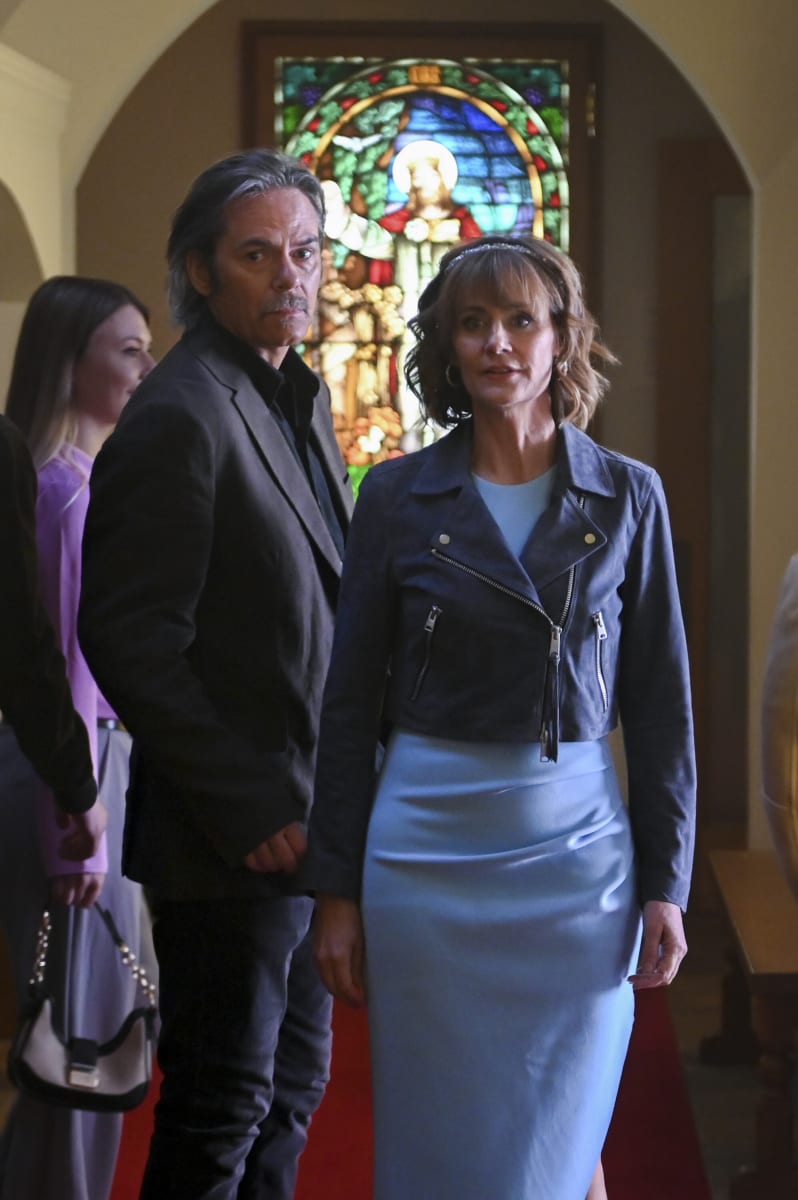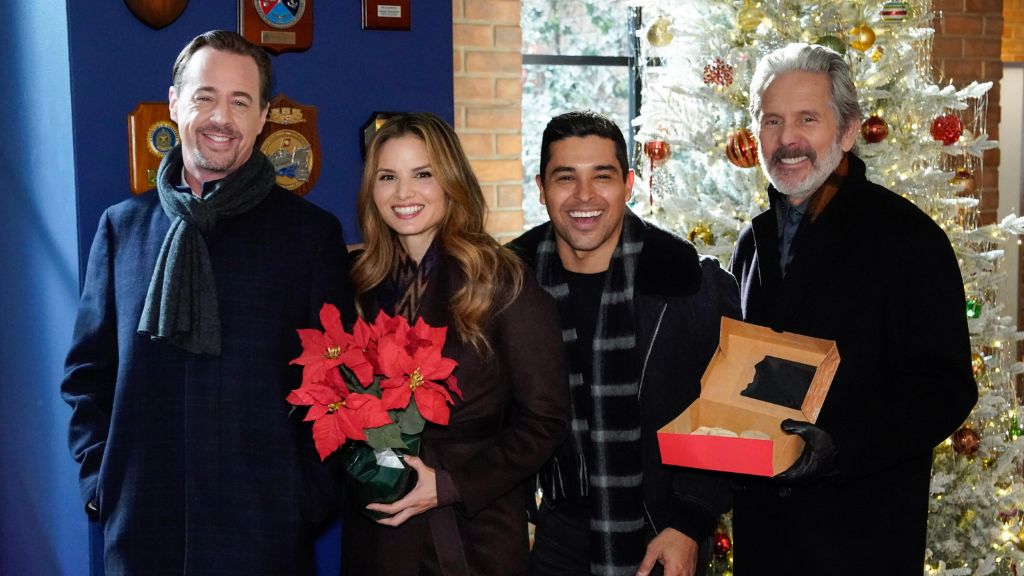Is the Ten-Hour Movie Model Killing TV?
The 76th Emmy Awards were dominated by a handful of cable and streaming series that each put out 10 episodes or fewer.
There was nothing unusual or unexpected about that, of course.
In fact, other than Hacks triumphing over The Bear in the Outstanding Comedy Series category, the night was pretty much devoid of surprises.

The Dominance of FX Came as No Surprise
As we predicted, Shogun and The Bear dominated the evening, and most of the other series that took home hardware also stuck with the eight-to-10 episode format that the Academy favors these days.
Again, none of this came as any sort of shock.
In fact, you’d have to go all the way back to 2006 to find the last time that a broadcast show that aired 20-plus episodes took home the prize for Outstanding Drama.
The winner was 24, and it had a lot in common with most of its competition that year.
Grey’s Anatomy, House, and The West Wing were also nominated, and like 24, they were all network series that aired 22 episodes or more.
It was a different time — but the writing was already on the wall.
In fact, that was one of the rare years in which The Sopranos delivered new episodes but didn’t take home the night’s top drama prize, possibly because it aired a truncated half-season ahead of its final slate of episodes.


And, of course, we all know what happened next.
The Era of Grim Prestige on Cable
The Sopranos returned to its former dominance the following year before passing the mantle to spiritual successors like Mad Men, Breaking Bad, and Game of Thrones, each of which took home the Outstanding Drama prize multiple times.
So the Emmys prefer the darker, edgier sort of content that’s typically found in smaller packages on non-broadcast platforms. That’s perfectly fine.
But there’s a major difference between those series and the cable and streaming offerings of today.
On the surface, shows like The Boys, Bridgerton, The Gilded Age, Fallout, Shogun, and The Bear have a great deal in common with their Emmy-dominating predecessors:
Like The Sopranos and Mad Men, they have shorter seasons and feature storylines that are edgier than what you’d normally find on the “big four” networks.
However, those earlier critical darlings were still structured like traditional TV dramas, and individual episodes were always treated as such.


TV Shows With TV Structures
Could you tune into, say, Season 6 Episode 9 of The Sopranos and understand everything that was going on?
Of course not. But the episode was treated as a standalone piece of art, not just a piece in a vast, hyper-serialized puzzle.
In fact, its title “The Ride,” refers to a controversial amusement park attraction, a booze-and-drug-fueled road trip, a philosophical conversation between a therapist and her patient, and a dark descent into addiction — all of which are found in that single hour of TV.
Tonally and thematically, the episode is of one piece, as each storyline interconnects in ways both obvious and subtextual.
Multiple characters find themselves caught up in events beyond their control, stuck, as it were, on “rides” that will leave them forever altered.
And in the end, that little hourlong masterpiece delivered a conclusion that would leave fans satisfied until the next offering, a full seven days away.
Sure, it was part of the larger Sopranos tapestry, but it also functioned as an independent story. And it had something to say that was distinct from any statements made by the show before or since.


The Modern Approach
In the streaming era, showrunners and writers on eight- to 10-episode series are generally far less concerned with the smaller arcs within individual episodes than with the larger ones that provide shape to entire seasons.
At times, this creates the impression that we’re watching a 10-hour segmented movie, rather than a television show.
To their credit, 22-episode broadcast seasons are much more old-school in this sense.
After all, a curious viewer can check out an individual episode of Fire Country at any point in the show’s run, and while they might be in the dark on some plot points, they can at least enjoy a one-off storyline about a raging forest fire and its potential victims.


In other words, if broadcast series and cable shows of yesteryear are at least partially interested in churning out hit singles, then short-season streaming shows are all about the concept album.
The main storylines of the season take precedence over those of any individual episode.
And that might be one reason that the Emmys are not the watercooler event that they used to be.
Don’t get us wrong, Shogun and The Bear are both fantastic shows.
In fact, Shogun might be the best drama on TV. (The Bear Season 3 left something to be desired, but that’s a conversation for a different time.)
But both of them can be hard sells to casual television viewers.


Not only do they go to pretty dark places tonally, but a single plot point might play out over the course of two and half months.
Take, for example, the all-important restaurant review that loomed over the third season of The Bear.
It was mentioned in just about every episode, but the season concluded without giving us full closure on that storyline.
And that’s just one reason why so many viewers felt a little unsatisfied with their third helping of the restaurant dramedy.
The long movie approach can be effective, but ending on a cliffhanger after ten installments is a bit of a middle finger to the audience.


That’s not to say, of course, that no episodes of Shogun or The Bear hold up on their own.
For example, The Bear Season 2 featured a midseason offering titled “Fishes” that’s been widely hailed as the series’ finest hour.
A searing portrait of a family in crisis, it’s a departure episode that’s made richer by the audience’s knowledge of its backstory, but that can absolutely be enjoyed on its own.
Oh, and it happened to win the Emmy for Outstanding Directing in a Comedy Series on Sunday night.
The episode was helmed by Christopher Storer, who’s also the creator and showrunner of The Bear.
Maybe he’ll take the rapturous response to that experiment as a reminder that television is a legitimate artform of its own that needn’t emulate movies in order to be taken seriously.
Source link
